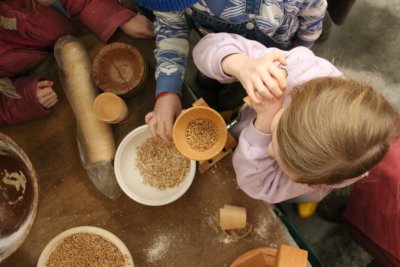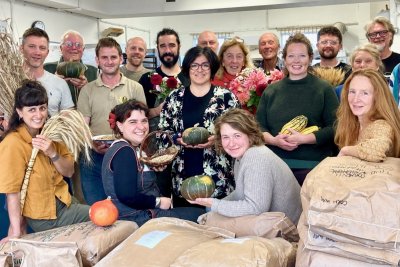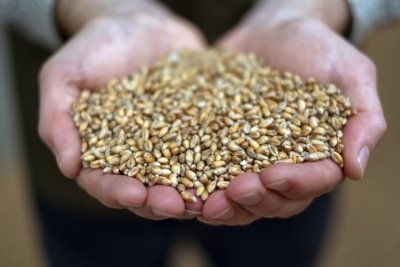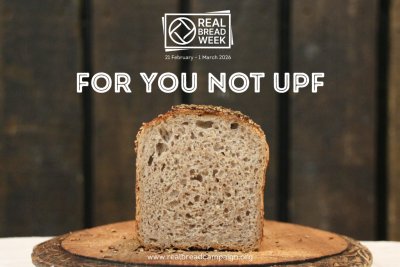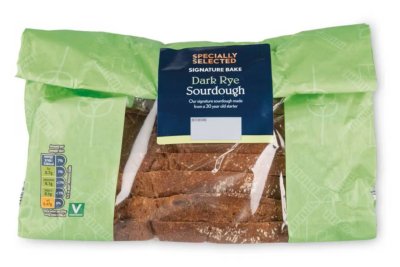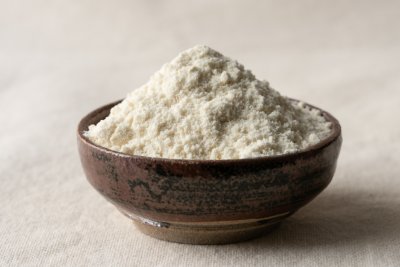 Always read the label. Copyright: Canva
Always read the label. Copyright: Canva
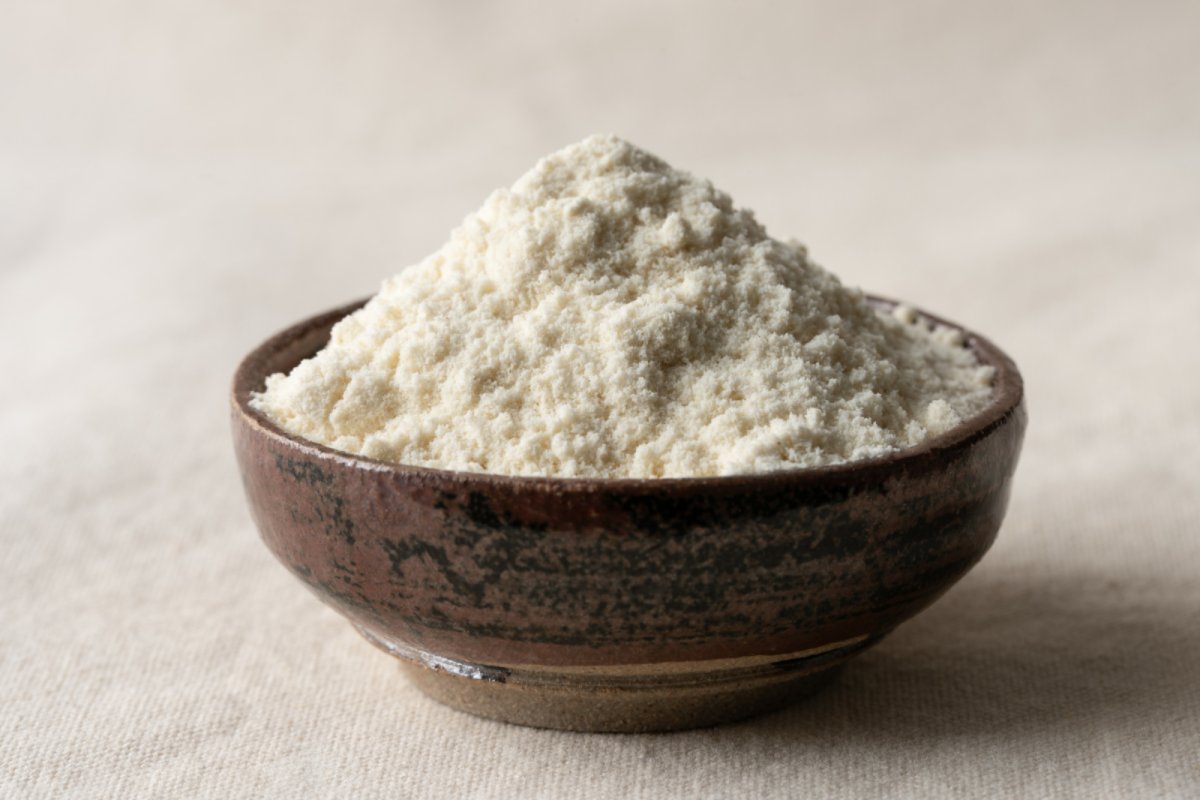
Flour: Always read the label
Real Bread Campaign removes discounts due to additive use.
On 15 March 2024, a Real Bread Campaign supporter alerted us to the fact that one of the mills that offered a discount to our supporters was adding ascorbic acid (E300) to some of its white bread flour.
Investigating this, the Campaign found that some other flours sold under two brands owned by the company also contained the additive.
Sorry
The Campaign’s definition of Real Bread excludes the use of any additive. As such, we removed both brands' discounts from the list of Campaign supporter offers.
Though an offer from, or mention of, a brand, company or product doesn't necessarily indicate our endorsement, we did not want the risk of being seen as promoting flours that would result in baked products that fall short of our basic criterion.
Real Bread Campaign coordinator Chris Young said:
'I’m sorry to our supporters that I made an assumption about a company that I trusted and we had worked with in the past. Before securing the offers, I should’ve listened to the advice I give so often to other people: always read the label.'
In an email advising the brands' owner of the situation, Young urged the company to remove this totally unnecessary additive from all products across its products and brands.
Shouldn't organic flour be additive-free?
At least one of the flours in question is certified organic. The Soil Association's organic food standards state that ‘Use of permitted food additives, non-organic ingredients, micronutrients and processing aids must be kept to a minimum and only used where necessary.’
The legality of a mill putting an additive into certified organic flour therefore hinges on interpretation of 'necessary'. While understanding that E300 can serve a purpose, the Real Bread Campaign argues that its addition is not necessary, as clearly demonstrated by the vast amounts of flour and bread made without it. We suspect that industrial dough fabricators, and some millers, would argue otherwise.
The company's response
Replying to the Campaign's email, the company's marketing director wrote: ‘We are sorry to hear that you’ll be removing our offering completely from your site, given we have a range of flours under both [brands that] adhere to the definition. In fact, these bread flours are in the majority, if you also include seeded and our many wholemeal and ancient grain varieties.
We believe in offering people a choice where possible and in our sack ranges for both brands, for example, you’ll find [at least one type of] white bread flour without added ascorbic acid. Besides, our ingredients are listed clearly and visibly for all flours enabling customers to make informed decisions about which flours to buy.’
Which flours can be used to make Real Bread?
The Campaign defines Real Bread made without chemical leavening, ‘processing aids’ or other additives. The only exceptions are those added by law, such as the so-called fortificants added to most non-wholemeal wheat flour in the UK.
The Campaign does not keep a list of which flours do and don’t contain non-mandatory additives. There can be variations between flours sold under a brand and things can change over time. Young concluded:
‘Please do what I didn’t: always read the ingredients list and avoid products with additives.’
See also
Real Bread Campaign: Finding and sharing ways to make bread better for us, our communities and planet.
Sustain
The Green House
244-254 Cambridge Heath Road
London E2 9DA
020 3559 6777
sustain@sustainweb.org
Sustain advocates food and agriculture policies and practices that enhance the health and welfare of people and animals, improve the working and living environment, promote equity and enrich society and culture.
© Sustain 2026
Registered charity (no. 1018643)
Data privacy & cookies
Icons by Icons8

